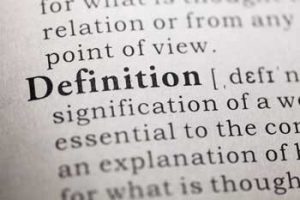Short Definition:
A Business Plan in franchising is a strategic document outlining the objectives, strategies, and financial projections of a franchise business, serving as a roadmap for success.
Long Definition:
A Business Plan in the context of franchising is a comprehensive document that articulates the goals, operational strategies, marketing plans, and financial forecasts of a franchise business. It serves as a blueprint for both franchisors and franchisees, providing a structured framework to guide decision-making, allocate resources, and measure progress towards achieving business objectives.
Additional Definition: A business plan is a formal statement of a set of business goals, the reasons why they are believed attainable, and the plan for reaching those goals. It may also contain background information about the organization or team attempting to reach those goals.
 History and Usage:
History and Usage:
The concept of a Business Plan has been integral to business operations for centuries, but its importance in franchising gained prominence with the expansion of the franchise industry in the 20th century. As franchising evolved into a sophisticated business model, Business Plans became essential tools for franchisors to communicate their vision and expectations to potential franchisees, and for franchisees to demonstrate their readiness and commitment to operating a successful franchise unit.
Five Questions Often Asked:
Example Sentences:
Summary:
In the dynamic world of franchising, a well-crafted Business Plan is indispensable for both franchisors and franchisees. By outlining business objectives, strategies, and financial projections, Business Plans provide a roadmap for success and facilitate effective communication and decision-making in the franchise relationship. Embracing the principles of strategic planning and continuous improvement, Business Plans serve as valuable tools for navigating the complexities of franchising and achieving mutual growth and prosperity.